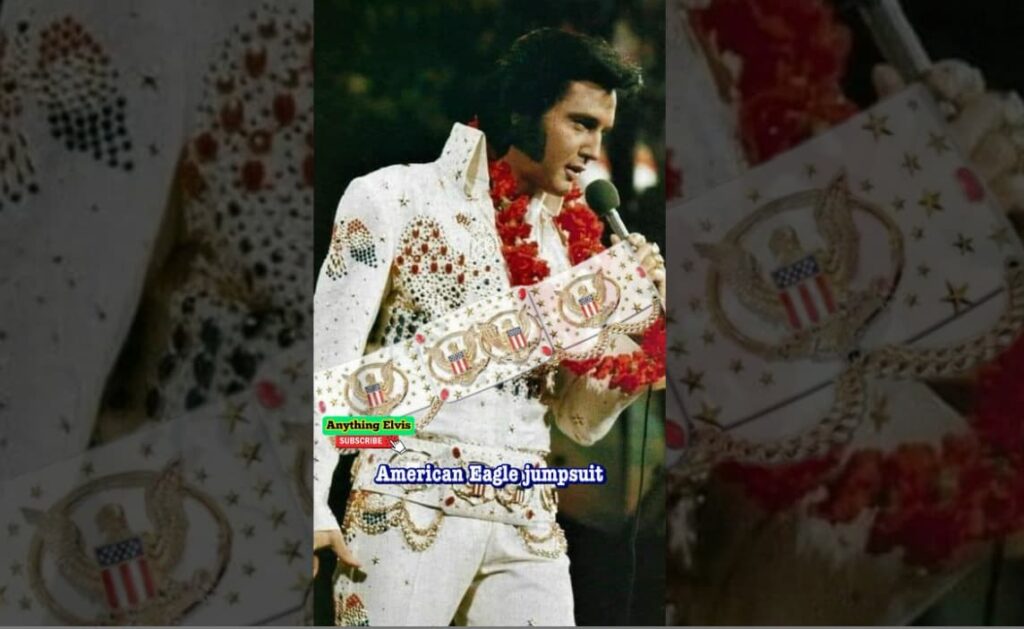
An American Trilogy: A Symphony of American Duality
A truly unique and powerful piece in the history of American music, “An American Trilogy” is a song that transcends time, reaching deep into the soul of a nation. It’s a composition that serves as a beautiful and poignant reflection of America’s complicated and sometimes contradictory identity. In the hands of Elvis Presley, this song became a profound statement of national feeling, delivered with a mix of reverence and raw emotional power that was characteristic of his live performances. The version from the Aloha from Hawaii, Live in Honolulu, 1973 concert stands as the definitive recording, and a testament to his artistic maturity in the latter half of his career.
Released as a single in April 1972, this medley didn’t make a huge splash on the pop charts, only reaching number 66 on the Billboard Hot 100. But chart positions, in this case, tell only a small part of the story. The song found its true home and a permanent place in the hearts of millions as a highlight of Presley’s live show. The Aloha from Hawaii concert, broadcast live via satellite in 1973, was a cultural phenomenon that cemented “An American Trilogy” as an iconic piece of his live repertoire. The album of the same name, Aloha from Hawaii via Satellite, became a massive success, reaching the top of the Billboard 200 chart and showcasing the song to a global audience.
The story behind the creation of “An American Trilogy” is as fascinating as the song itself. It was conceived by songwriter Mickey Newbury in 1971, during a time of great division in the United States, marked by the Vietnam War and the civil rights movement. Newbury’s intent was to create a piece that reflected the diverse and often conflicting experiences of the American people. He masterfully wove together three distinct and powerful pieces of American history: the abolitionist spiritual “All My Trials,” the Confederate anthem “Dixie,” and the Union’s battle hymn “The Battle Hymn of the Republic.” The combination of these three songs is what makes “An American Trilogy” so emotionally complex and resonant.
“All My Trials” is a mournful plea for salvation, a song of hope born from suffering. It represents the pain and struggle of African Americans, particularly during the era of slavery. “Dixie” is a joyous, celebratory tune, but its association with the Confederacy evokes a sense of lost heritage and the legacy of a deeply divided nation. And finally, “The Battle Hymn of the Republic” is a rousing, powerful anthem of justice and freedom, a call to arms for what is right. By bringing these three songs together, Newbury crafted a musical narrative that acknowledged the pain of slavery, the tragedy of the Civil War, and the enduring hope for a unified nation. When Elvis performed it, it became a personal statement, a reconciliation of his own Southern roots with a larger vision of America. He was a Southern boy singing a Confederate song, an abolitionist spiritual, and a Union anthem all at once, in a stunning display of cultural harmony. For many, Elvis Presley’s rendition of “An American Trilogy” was more than a performance; it was a prayer, a lament, and a celebration all rolled into one, a moment where the King of Rock ‘n’ Roll became a voice for the soul of America.